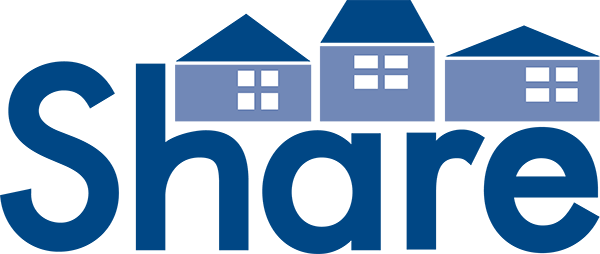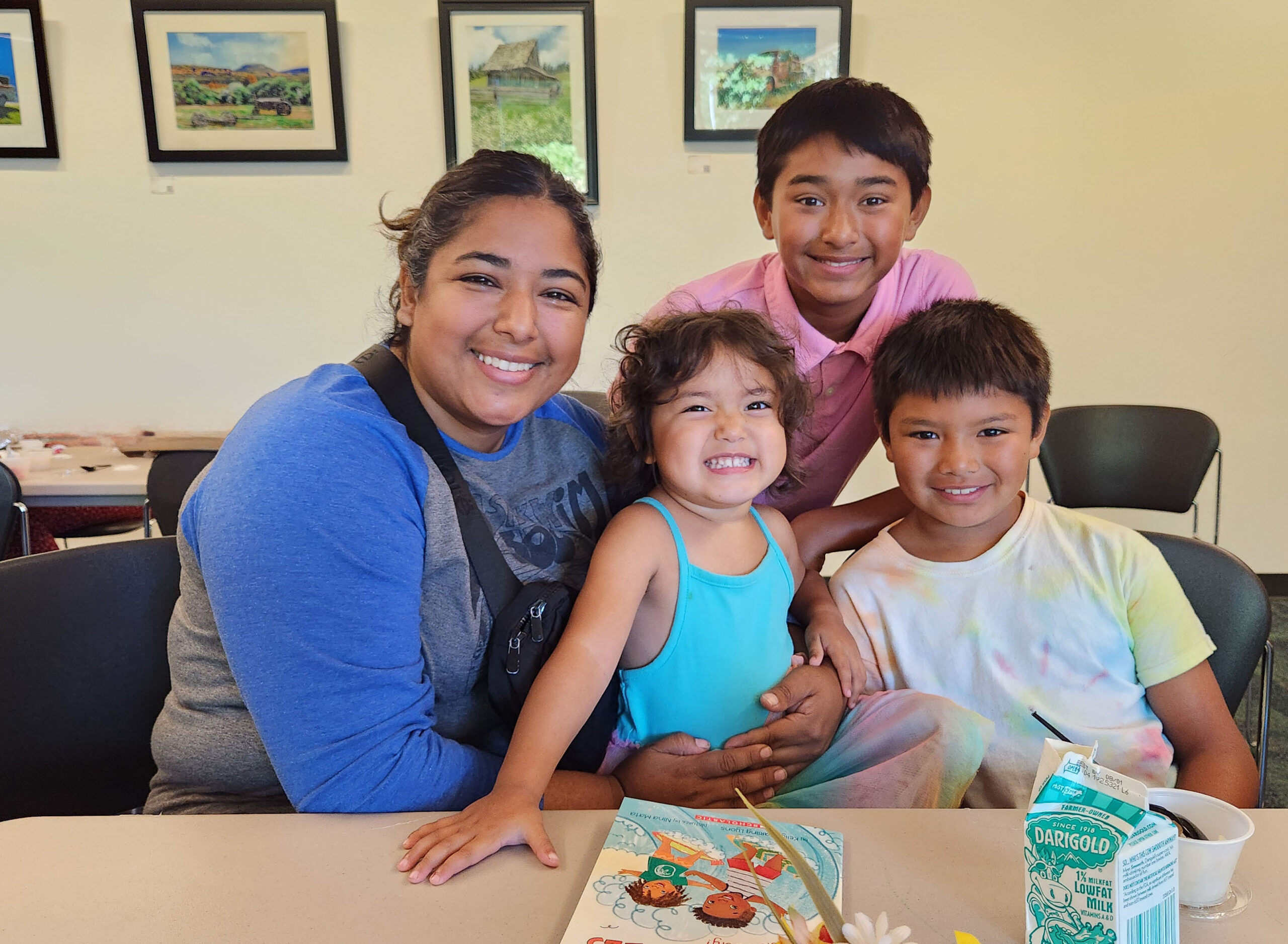If you are in need of shelter or know someone who is, call the Council for the Homeless Housing Solutions Center at (360) 695-9677.
The Council for the Homeless Housing Solutions Center determines eligibility for participating homeless prevention, shelter and housing programs at the following agencies: Share, Sea Mar-Community Services Northwest, Columbia River Mental Health Services, Janus Youth Programs, Impact NW, Second Step Housing, The Salvation Army, Catholic Community Services of SW WA, Lifeline Connections, Outsiders Inn, and New Life Friends Church.
A video highlighting Share’s Housing and Shelter programs, shared by our directors.
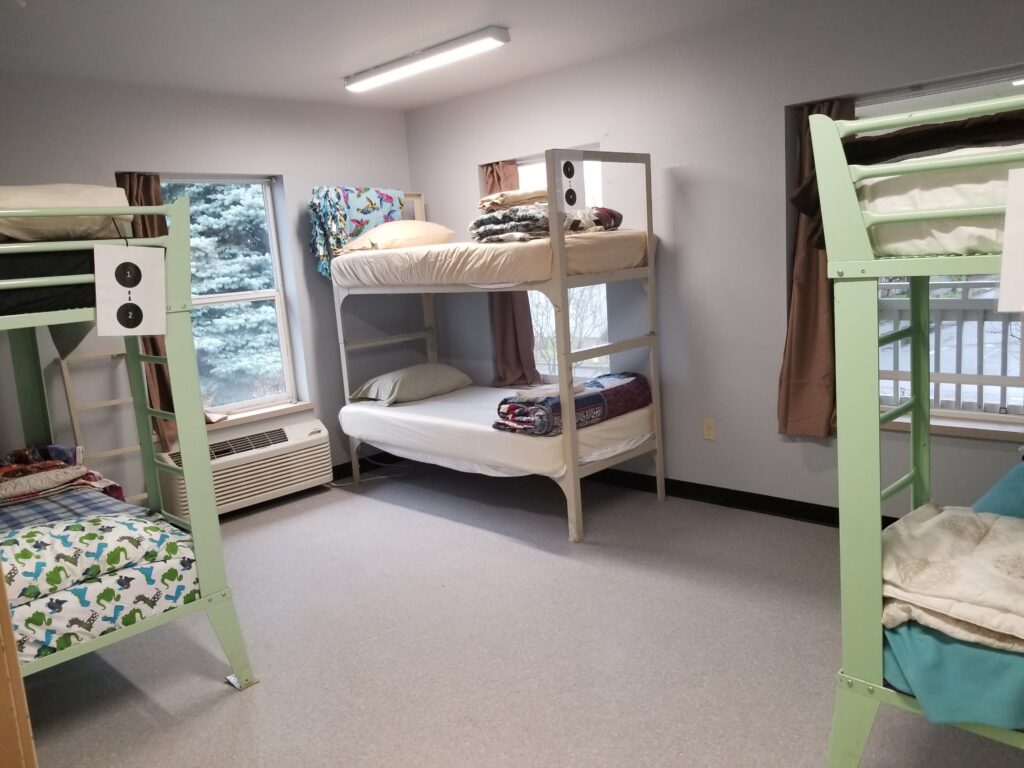
Share House — Shelter for Single Men
At Share House, our Engagement Specialists and Housing Navigators work to address barriers and empower residents to secure permanent housing and access resources for employment, health, education and more. Local service providers join us on site to make it easier for residents to get the services they need.
- Located at 1115 W 13th Street, Vancouver
- 53 beds for single men, 1 respite rooms contracted through PeaceHealth and no limit on length of stay
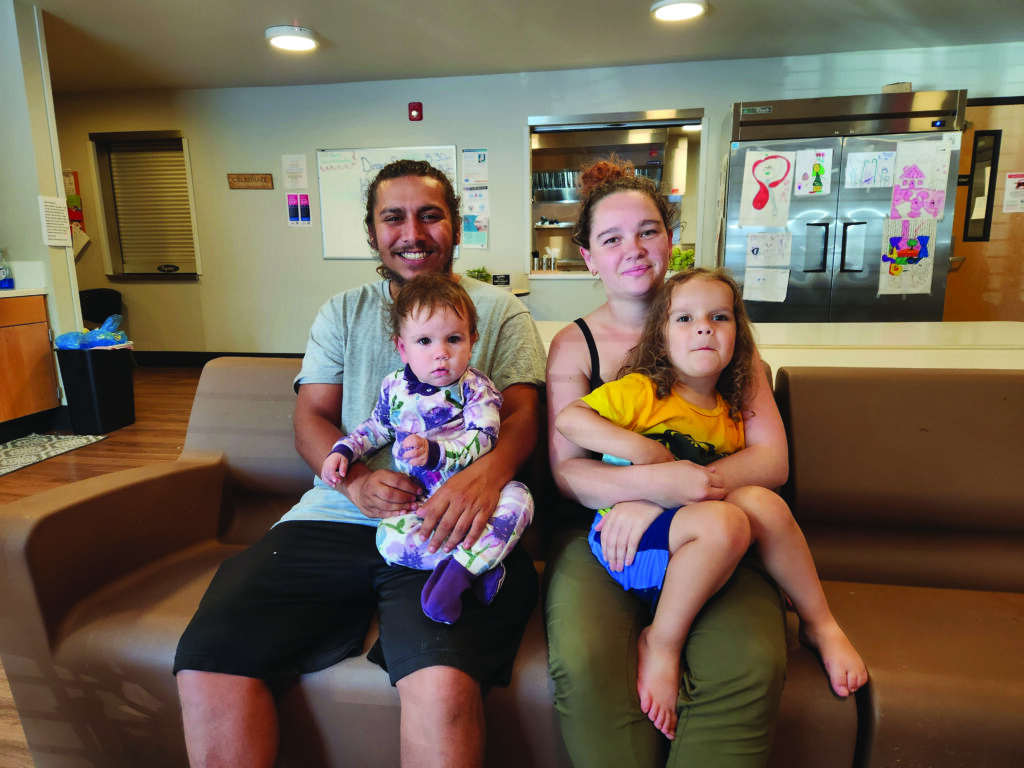
Share Homestead & Share Orchards Inn:
Shelters for Families & Single Women
At Share Homestead and Share Orchards Inn, our Engagement Specialists and Housing Navigators work to address barriers and empower parents to secure permanent housing, build family stability and access resources for employment, health, education and more. Local service providers join us on site to make it easier for our parents and single women to get the services they need.
Educational and arts-based activities for children are organized and hosted by local volunteers. Both kids and adults can spend time outside on the play structure or in the enclosed yard. The facility can accommodate up to 86 people and includes a communal dining room, kids play room, computer room, quiet room, as well as both shared and private bathrooms.
Both shelters are owned by Vancouver Housing Authority and operated with care by Share.
- Share Orchards Inn is located at 5609 NE 102nd Avenue, Vancouver
- Share Homestead is located at 4921 NE Hazel Dell Avenue, Vancouver
- Both shelters have 14 family rooms, 2 respite rooms contracted through PeaceHealth and have no limit on length of stay
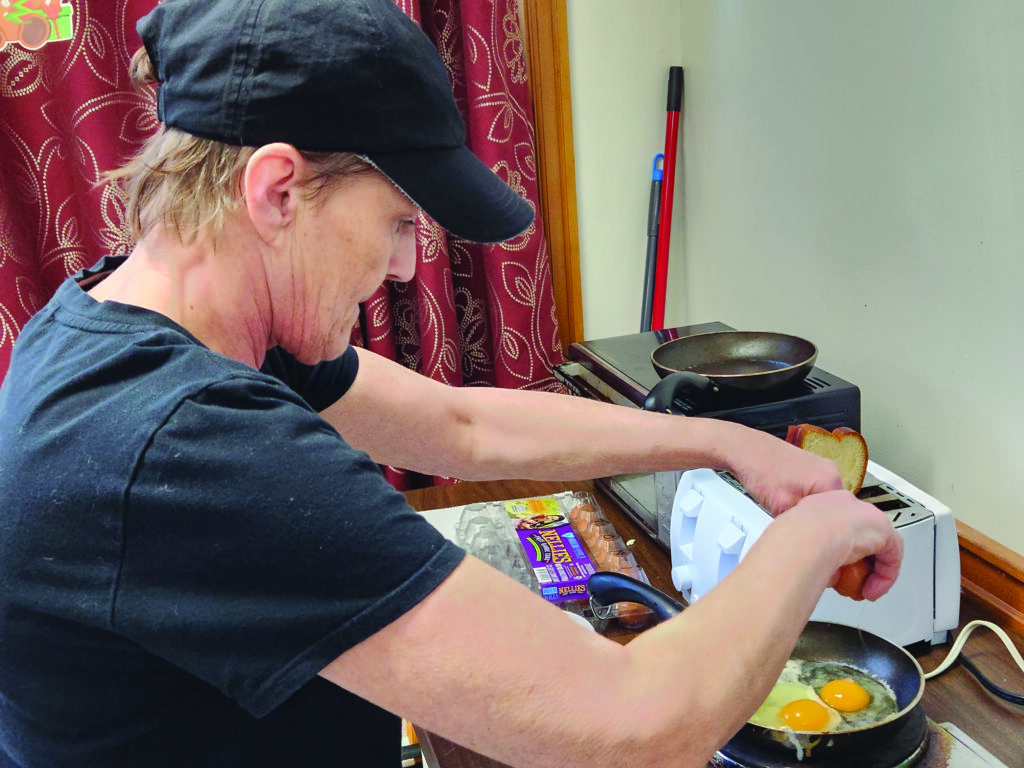
54 women have been successfully housed over the past 3 years.
Women’s Housing and Transition (WHAT)
WHAT is a collaboration with St. Luke’s/San Lucas Episcopal Church to provide 18 beds for those experiencing homelessness and identify as women.
There are 6 rooms with 3 beds each, separated by a divider and a privacy curtain. Clients have access to a shower, laundry room and each space has a dresser, nightstand, and twin-size bed. The staff office is also equipped with essential needs and hygiene items that are always available. The WHAT offers coffee and water as well as snacks and dinner.
Engagement Specialists and a Housing Navigator work with clients to meet their needs by assisting with access to transportation, connecting to outside resources and supports, as well as navigating mental and physical health concerns. The staff prioritizes reducing any barriers that stand in the way of clients obtaining and maintaining permanent housing.
The WHAT is operated by paid Share staff members and funded by Clark County and the City of Vancouver. Donations of personal hygiene products, snacks, coffee and clothing to support WHAT can be dropped off at the Share Fromhold Service Center.
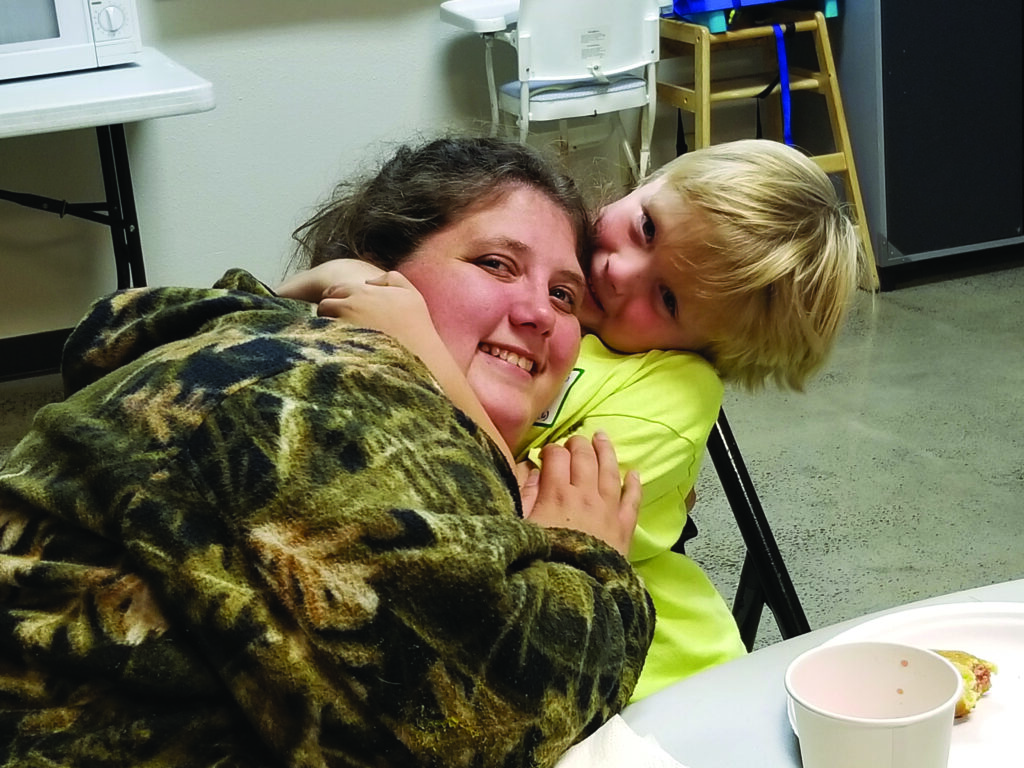
Winter Hospitality Overflow (WHO) Program
The Winter Hospitality Overflow Program is the program that bridges the gap between limited shelter space and the increasing number of people who seek shelter during the winter months. WHO is a partnership of Share, Council for the Homeless and the faith-based community located at St. Andrew’s Church.
Share provides staff at the St. Andrew location for clients experiencing homelessness and St. Andrews helps provide volunteers to prepare and serve meals. Clients can come in the evening and have dinner, sign up for a shower, then meet with staff to discuss any needs or support they are seeking and then settle into their space. In the morning, clients are given a sandwich and snack.
Staff at the WHO collaborate with the Council for the Homeless, Share programs, and other community partners to help get clients into more long-term shelter or permanent housing. Having shelter in the winter months is critical for those experiencing homelessness and with the assistance of knowledgeable staff, many clients have successfully obtained employment, housing and secured other benefits while staying at the WHO.
USDA Civil Rights Statement:
In accordance with federal civil rights law and U.S. Department of Agriculture (USDA) civil rights regulations and policies, this institution is prohibited from discriminating on the basis of race, color, national origin, sex (including gender identity and sexual orientation), disability, age, or reprisal or retaliation for prior civil rights activity.
Program information may be made available in languages other than English. Persons with disabilities who require alternative means of communication to obtain program information (e.g., Braille, large print, audiotape, American Sign Language), should contact the responsible state or local agency that administers the program or USDA’s TARGET Center at (202) 720-2600 (voice and TTY) or contact USDA through the Federal Relay Service at (800) 877-8339.
To file a program discrimination complaint, a Complainant should complete a Form AD-3027, USDA Program Discrimination Complaint Form which can be obtained online at: https://www.usda.gov/sites/default/files/documents/ad-3027.pdf, from any USDA office, by calling (866) 632-9992, or by writing a letter addressed to USDA. The letter must contain the complainant’s name, address, telephone number, and a written description of the alleged discriminatory action in sufficient detail to inform the Assistant Secretary for Civil Rights (ASCR) about the nature and date of an alleged civil rights violation. The completed AD-3027 form or letter must be submitted to USDA by:
Mail: U.S. Department of Agriculture, Office of the Assistant Secretary for Civil Rights, 1400 Independence Avenue, SW, Washington, D.C. 20250-9410; or Fax: (833) 256-1665 or (202) 690-7442; or Email: Program.Intake@usda.gov
USDA is an equal opportunity provider.
